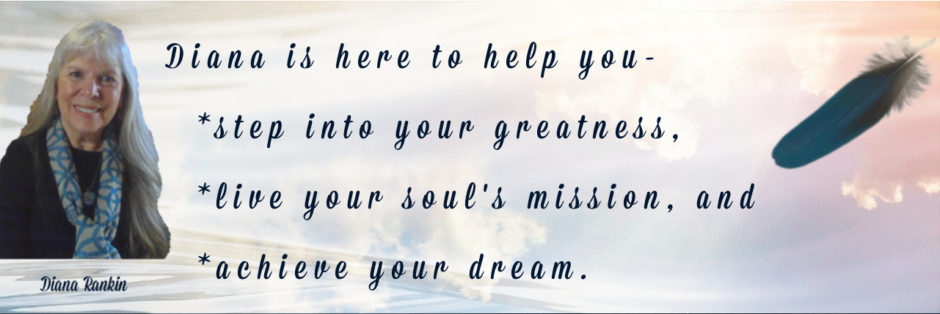“I’m frightened of you.” These were the words of one of the students in my course on Religious Studies. Other students nodded their heads making it known she was their spokesperson and they stood behind her.
“That took a lot of courage for you to say that,” I responded. “Why are you frightened of me?”
“I’m a Christian and I’m afraid you’re going to try tell me I shouldn’t believe in Jesus.”
“Not at all,” I said. “My goal is to help you make your God bigger regardless of your religious beliefs.”
She thought for a moment. Looked around at the other students, and then tilted her head and said, “Okay, we’ll stay, but remember you can’t take our Christianity away from us.”
It was an interesting term that year. Courses on religion usually are, but this was Urbana University, a liberal arts university in the middle of conservative Ohio. Although the students came for the liberal arts education, they nonetheless mainly came from rural farms and small towns where liberal arts didn’t necessarily mean the study of the world. It meant the study of humanities as seen through their traditions.
One of the major assignments was to choose a spiritual practice or religion that was different from their own. Students were to interview an official of that practice and write a term paper that explained the practice and explain how it was the same and how it was different from what they believed and practiced.
As each student turned in the name of the spiritual belief/religion they wanted to write about, it became clear my work was cut out for me. I had given examples they could choose from such as Buddhism, Islam, Zoroastrianism, Judaism, mindfulness, Zen, Native American beliefs and practices, meditation, different spiritual practices and beliefs, ancient prayers, and so on. Instead of a deeper dive into those beliefs we were studying, each student came back with a choice of a Christian religion that was a different denomination from theirs.
One student was protestant, so he chose a Catholic church. He was so proud to say a priest had agreed to talk with him. Another girl chose to speak with an Amish woman while another student, who was Grace Brethren, wanted to write about the Methodist because they were so different she wasn’t sure they were really Christians.
I don’t mean to make these young people sound ignorant. I understood where they came from. It’s the church I was raised in. Unless you belonged to this specific church, you were a heathen. I was a teenager when I left the church. I saw too much worship on Sunday morning and too much hypocrisy when the sermon ended.
My God became Love and kindness to myself and all beings; my spiritual practice became meditation, reflection, and living in awareness. And that’s what I wanted these young people to learn. God—however practiced in whatever religion or belief—is Love. God is Love.
I stopped pushing my request for the students to write about another religion by my definition and allowed them to write about another religion by their definition.
As the term came near its conclusion, and the papers were turned in, the students talked about how much they had learned. Catholics have a lot of rituals. Kind of cool actually. But they believe in Jesus just like Baptists do. The Amish lady said she couldn’t tell me everything about her community, but I learned they believe in community and in helping others. The Methodist are Christians. We even sing some of the same hymns.
It was the last day of class when she raised her hand. She looked around the room as she stood. “You were right,” she said.
“How’s that?” I asked.
“I’ll always be a Christian and a member of my church,” she said. “But I’ve learned something in this class that I want to teach to others.” She looked around again at the other students as if to gain agreement before she said. “You made my God bigger.”
My heart warmed as I looked around at all the students who were clapping and nodding in agreement. Maybe they hadn’t absorbed the intricacies of Buddhism or complexities of Islam or depth of Zen meditation, but they had grown. And so had their God.
